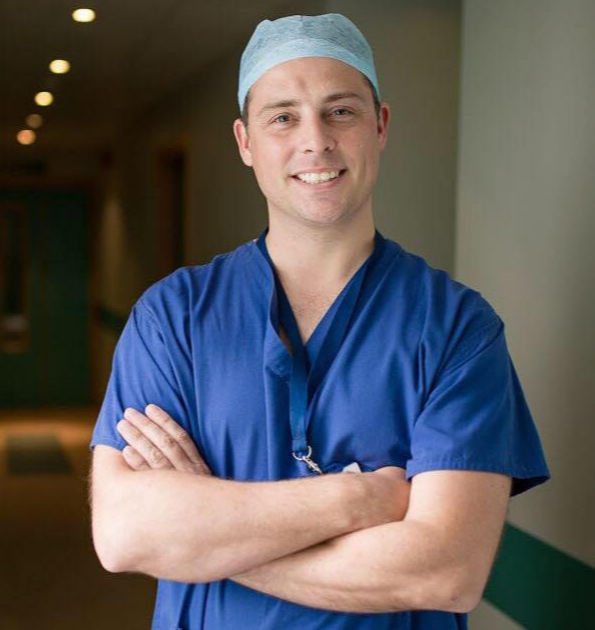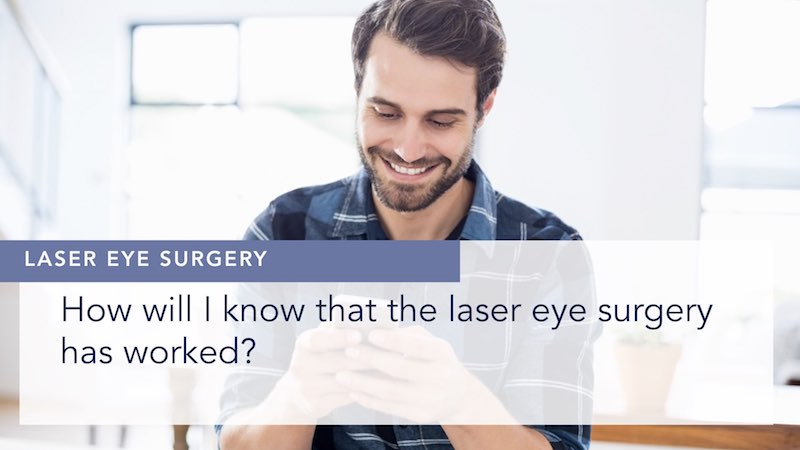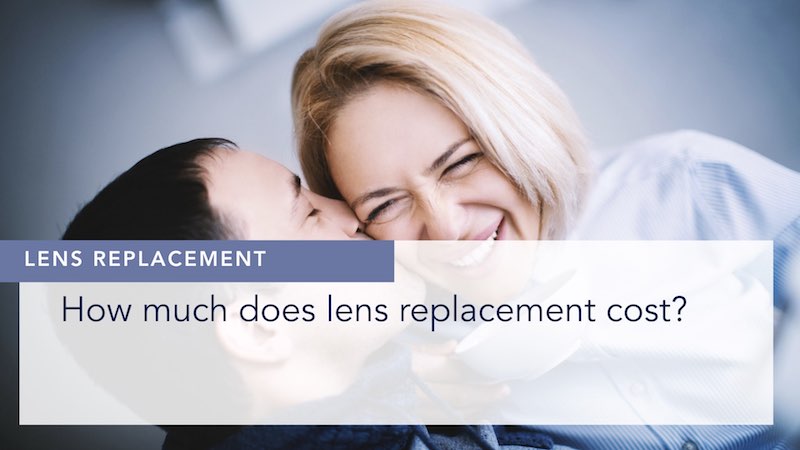There’s only so long you can handle the hassle of glasses or contacts before you’re fed up. For that reason, people across the UK have turned to laser eye surgery.
Laser eye surgery is known to be simple and minimally invasive with little recovery time. That doesn’t mean you should take the decision lightly, though.
For starters, you need to know if you’re getting the right type of surgery. Take a look at these top types of laser eye surgery in London.
Types of Laser Eye Surgery in London
All laser eye surgery has the same general idea. A surgeon uses a laser to reshape your cornea, improving your vision. There are multiple ways a surgeon can do this, though.
1. LASIK
LASIK is the most well-known laser eye surgery today. The name is an acronym a medical description of the procedure.
During a LASIK surgery, your surgeon uses one laser to cut away a flap on the surface of your eye, giving us access to your cornea. Then we use a second laser to reshape the cornea. At the end of the procedure, the flap goes back to its original position to heal.
2. LASEK
While LASIK is better-known, LASEK actually appeared first. Both of these surgeries are still used today in different circumstances.
The two procedures are similar, but with LASEK, the corneal flap is removed and it’s replaced at the end of the surgery. In LASIK, the flap stays attached on one side.
This makes LASEK more invasive than LASIK. However, LASEK is better for patients with corneas too thin to make the LASIK flap work effectively.
3. SMILE
First came LASEK, and LASIK later appeared as a less invasive option. SMILE, a newer surgery, is an even less invasive version of LASIK.
During a SMILE surgery, we use a smaller incision. The full incision in LASIK is 22 millimetres long, while the SMILE incision is around 4 millimetres long.
4. PRESBYOND
The first three surgeries above are similar other than the incisions they use. PRESBYOND uses the same incision and process as LASIK, but it adjusts the eyes in a different way.
In a PRESBYOND surgery, we adjust one eye to function well for close-up vision and adjust the other eye to see farther distances. This is similar to the monovision approach of giving patients one contact lens for near vision and the other for far vision.
PRESBYOND is a common approach for patients who are nearsighted but who are now needing reading glasses as they get older.
Is Laser Eye Surgery Even an Option for Me?
Before you dive too far into your options, it’s important to know if you’re a laser eye surgery candidate at all. It depends on your vision, your eye health, your history, and other factors.
To get an idea of whether you’re a candidate start with our laser eye surgery quiz.
Choosing the Best Laser Eye Surgery for You
When it comes down to it, choosing a laser eye surgery in London is a decision you need to make with your surgeon. Our team can counsel you about the best options for you based on your needs, goals, and eye health.
To get started, schedule a consultation with us today.
Interview transcription:
We asked Alex Shortt about the risks associated with lens replacement
Interviewer: What are some of the risks of lens replacemen compared to other treatments that you offer?
Alex Shortt: Lens replacement surgery is a very low-risk procedure. There’s no such thing as a procedure that carries zero risks. The risks of lens exchange are the same as the risks of cataract surgery. One in 10,000 cases result in serious and permanent damage to vision – That’s a very low number. Still, it’s important we emphasize it because the consequences of a severe bleed or a severe infection in a patient who’s had lens exchange are profound. One in 10,000 patients that undergo a procedure has permanent, severe damage to their vision.
The risk of that happening in both eyes has been estimated at around one in 12 million. So vanishingly rare indeed, but it’s very important that we inform patients of that fact before surgery.
That’s probably the main thing people worry about and that we would worry about with lens exchange. There are a whole host of other less serious problems that can arise after lenses exchange such as the need to fine-tune the vision with a little bit of laser eye surgery. If the focus of the lens implants isn’t quite correct, we can adjust it with a little bit of laser eye surgery.
Glares and Halos
Another side effect that patients need to be aware of with multifocal lens implants is glare and halos around lights at night time. If you haven’t told the patient about this beforehand, they will tell you very quickly because it’s quite a spectacular phenomenon. At night time for the first day or two after having these lens implants put in. When you look at a light, a car headlight or a streetlight, it’ll have a series of rings around it. And what you’re seeing is the different focal points of the lens.
Now, what happens is it takes a few days, sometimes it can take up to a few months, but the brain learns to use the focus of the lens and learns that these rings around lights are different focal points and you don’t see them all at once. That’s called neuroadaptation, and it’s well known and well understood. Eventually, these glares and halos around lights reduce to such a small level that they’re barely imperceptible.
If you’d like to know more about vision corrective surgery, book a free initial screening today and I will personally answer your questions. Alternatively, take our free suitability quiz to find out which treatment you are suitable for.

About the author
Mr Alex J. Shortt | Consultant Ophthalmic Surgeon
MB BCh MSc PhD FRCOphth PGDipCatRef
I’m Alex Shortt, a highly trained academic researcher and Consultant Ophthalmic Surgeon based in London’s famous Harley Street medical district. I trained and worked as a consultant for 14 years at London’s Moorfields Eye Hospital. I specialise in advanced technologies for correcting vision, including cataract surgery, implantable contact lenses and laser vision correction.






